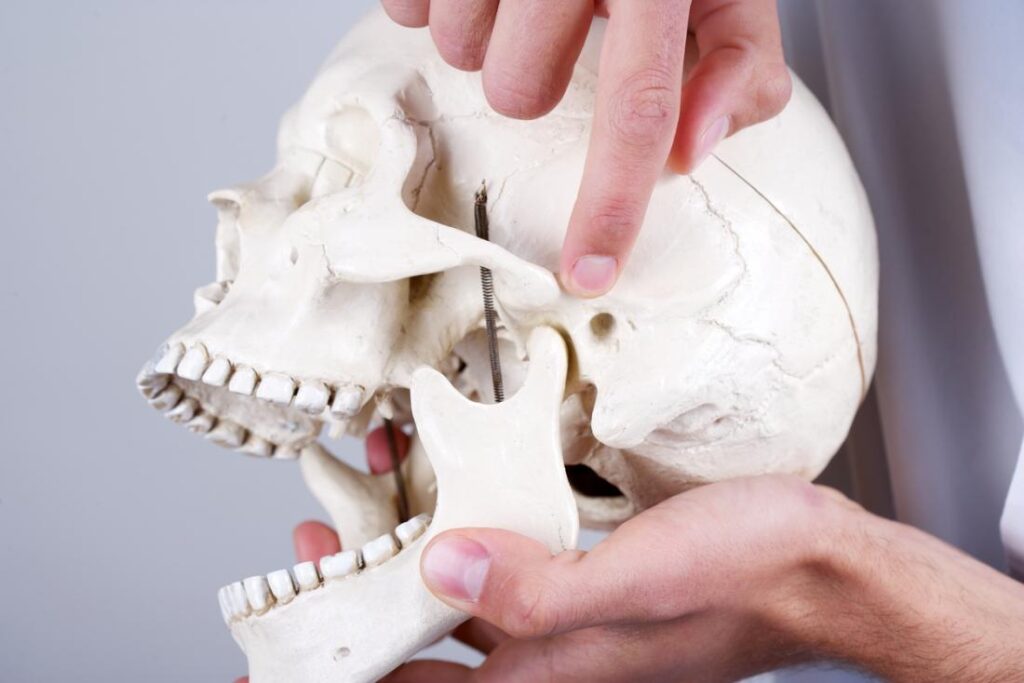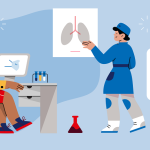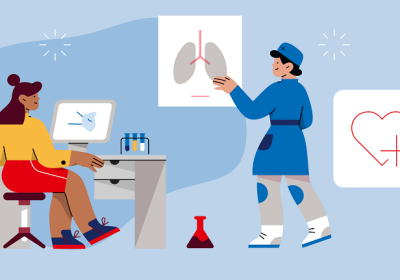
Things You Should Know About TMJ Disorder.
If you live in Indianapolis and visit the dentist frequently, you might have heard about TMJ disorder. TMJ, or Temporomandibular Joint condition, is the joint dysfunction in the jaw. A person suffering from TMJ will experience tenderness, pain, a stiff jaw, and also difficulty in the mouth opening process to speak, eat, and, importantly, produce a sound of click and facial pain.
It is essential first to diagnose the issue and treat the problem as soon as possible since delay can cause complications. Some limitations on lifestyle and medications can cure this condition. It is time to see the dentist in Indianapolis if you are suffering from such an annoyance.
What are the possible causes of TMJ?
There are many possible causes of TMJ condition. You are much more prone to this disorder if you are extremely sensitive to pain or have a lot of stress. Here are some of the causes of TMJ:
- Grinding or clenching your teeth frequently, this issue is also known as bruxism; it increases the pain by putting pressure on the joint.
- Temporomandibular joint arthritis will cause a minimum capacity of movement of your jaw.
- Other inflammatory issues, this issue can lead to pain and discomfort in the jaw since it will become inflamed.
- Anxiety: At times when you are stressed, you tend to clench your teeth and tighten your muscles in the jaw.
- Chewing gum all the time may result in tiring out your jaw.
- Sometimes, when you do not sit or stand straight or hunch over a computer, it will cause strain in your jaw and neck.
- Bad teeth and poor tooth structure will result in uneven chewing, which will put stress on the jawline.
- Earlier jaw fractures will lead to the risk of developing TMJ, even after the bone is cured.
- With jaw surgery, you can still have the risk of developing TMJ since mobility will be restricted.
- Trismus, also known as lockjaw, if you cannot open the entire jaw, it will lead to the development of TMJ.
What are the symptoms of TMJ?
Initially, there is a wide variety of symptoms of TMJ: the level of pain may not be the same, but it will vary. Here are some of the common symptoms of TMJ and how these can impact you:

- Headaches and migraines:
TMJ headaches and migraines are some symptoms that you will experience over time, and this will be different from sinus or allergy headaches. These pains return frequently and do not always respond to medicines, and they might be accompanied by pain in the jaw and tenderness.
- Facial pain
The types of facial pain may include tired cheeks and jaws, swelling on either side of the face, and popping of the jaw.
- Ear pain
TMJ ear pain is one of the most common types of complaints from patients. This is mainly caused by irritation in the ear canal and jawline, which is caused by stress level distress. Patients report numbness and dizziness in the ear area.
Is it possible to treat TMJ disorder?
TMJ issues may occasionally go away on their own without medical treatment. If your symptoms do not go away, your doctor might recommend a number of treatments, often more than one, to be carried out simultaneously.
Drugs
These medication choices, when combined with other nonsurgical treatments, may help reduce the pain resulting from TMJ disorders:
- Pain relievers and anti-inflammatories.
When over-the-counter painkillers fail to alleviate TMJ pain, your dentist or doctor might suggest more potent painkillers, such as prescription-strength ibuprofen, for a brief period.
- Tricyclic Antidepressants
Some drugs, like amitriptyline, are usually prescribed to treat depression, while they can also be used in small quantities to treat pain and control bruxism and insomnia.
Conclusion
TMJ disorder, or Temporomandibular Joint disorder, can cause significant discomfort and impact daily life activities such as speaking and eating. It is crucial to seek diagnosis and treatment promptly to avoid complications. If you ever encounter some of the symptoms mentioned above, visit the dentist as soon as possible.


















